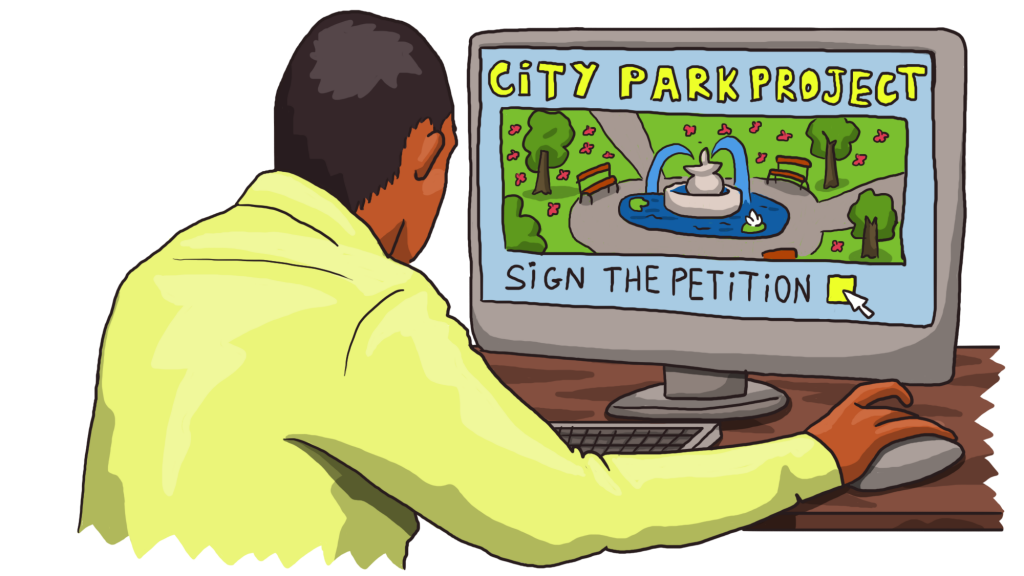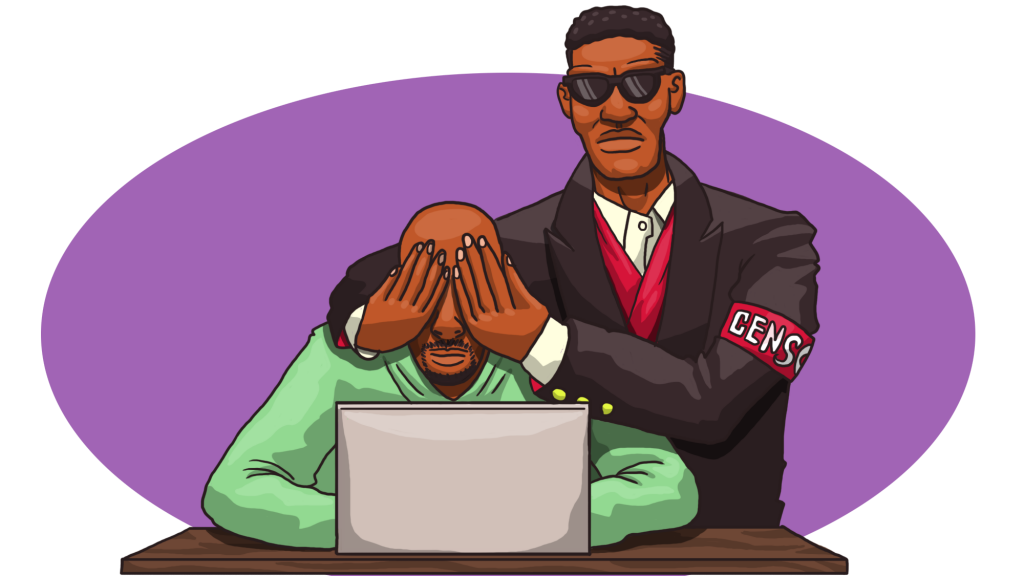

Censorship is the suppression of words, images, or ideas such as suppression of free speech or public communication, because this information may be deemed offensive or harmful. This often happens because some people may succeed in imposing their personal, political or moral values on others. Censorship can be carried out by the government of a country, but also by private groups or organisations. There is also such a thing as “self-censorship“, when you refrain from exercising your freedom of speech due to a fear of repercussion from the government, or your peers, often for having an alternate viewpoint from what is considered the norm.
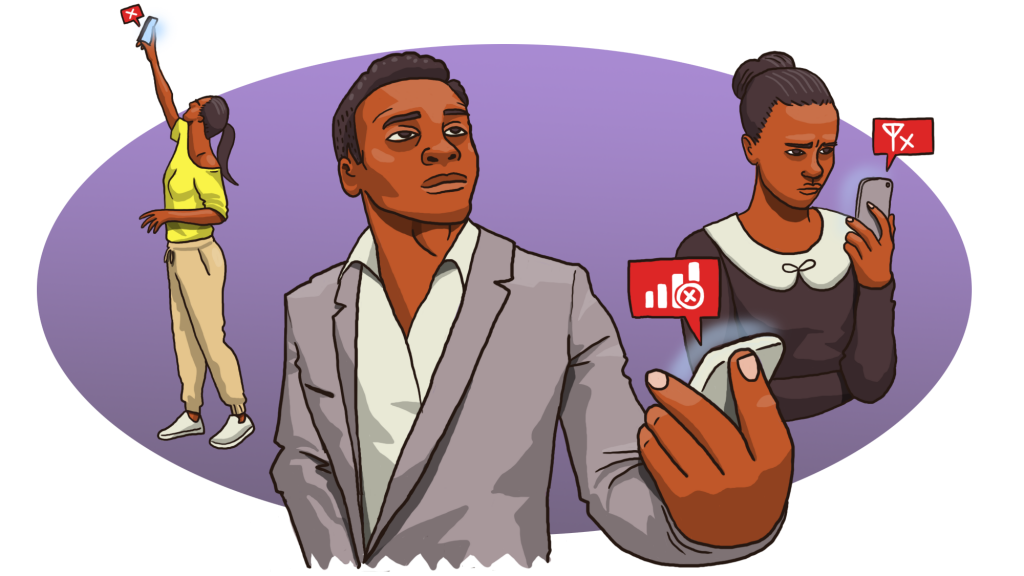
Internet Shudowns across Africa
Internet disruptions, such as blocking social media and sometimes even services such as Mobile Money, have become rampant across the world. These shutdowns often occur during elections or periods of unrest, though some have even occurred during national exams. Governments, or security agencies, can order telecommunication companies to turn off services in the name of national security and order. In Uganda for example, social media and mobile money transactions were suspended twice during the 2016 elections.
These shutdowns are a major infringement on our rights to information, communication and participation, by suppression public debate and curbing access to vital services. Governments must allow citizens to use the Internet as a tool for maximising political participation.
Silencing of Journalists
Recent studies are showing that growing hostility toward media around the world has lead to an unprecedented wave of assaults on journalists as well as press freedom. East Africa is no exception. Journalists have become victims of “self-censorship” to avoid violence and intimidation.
Journalists are the main vehicle of information for citizens, whether this news is brought in print media, radio broadcasts or television shows. Accurate and fair news is important for citizens to make appropriate judgments and decisions around political participation and form opinions around service delivery. It is often difficult to ascertain what is happening in Kampala from far-flung districts. In this way, journalists are our eyes and ears, and they must be protected so as to perform their jobs in a safe and peaceful manner.
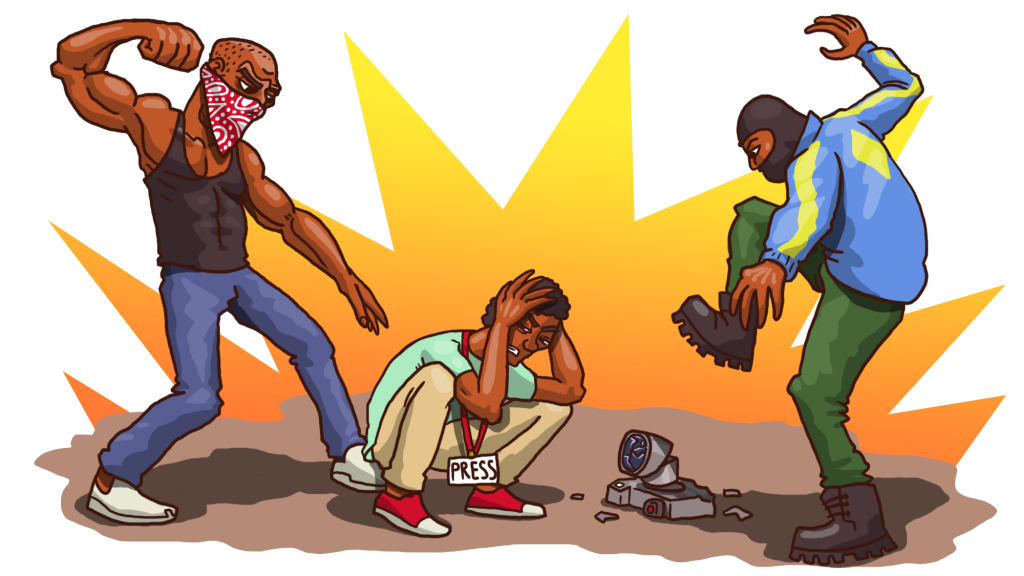
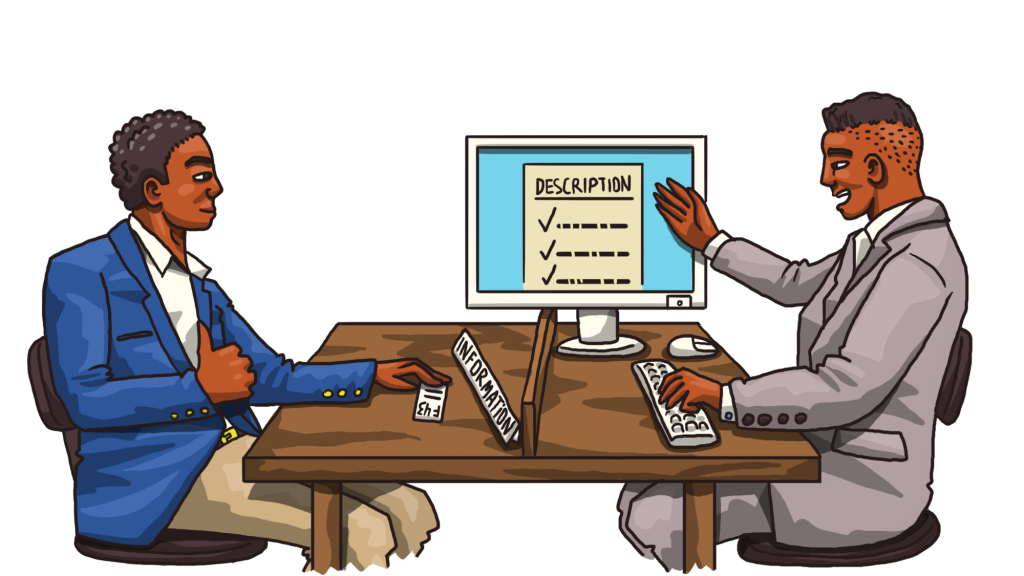
Access to Information
Uganda was among the first African countries to enact a right to information law, the Access to Information Act (ATIA), 2005 and later the Access to Information Regulations, 2011! This means that every citizen in Uganda, regardless of status, has a right to access information held by the government or any bodies representing the government. This was enacted to ensure an efficient, transparent and accountable government and to allow citizens to participate in decision-making that directly affects them, such as service delivery.
Unfortunately, despite these efforts, access to vital information by citizens remains a major challenge due a number of factors such as ignorance of the law, tedious processes, and many other exemptions with a wide scope. There is a need for both Parliament and citizens to ensure that access to information can be realized through sensitization of the masses/public bodies, use of technology tools to reduce the burdens of the process and an improvement in data skills in general.
Have you ever tried to access public information?
